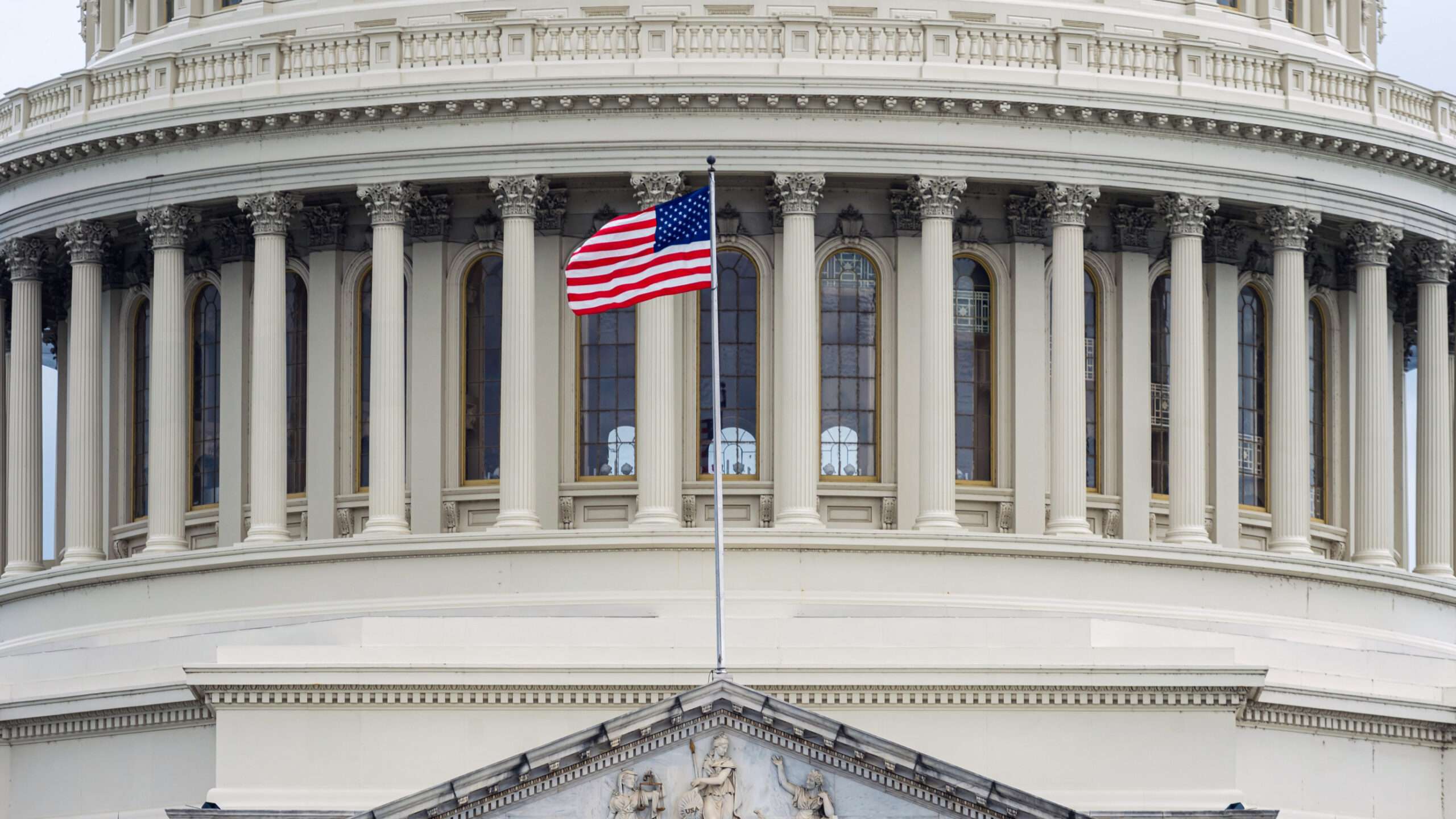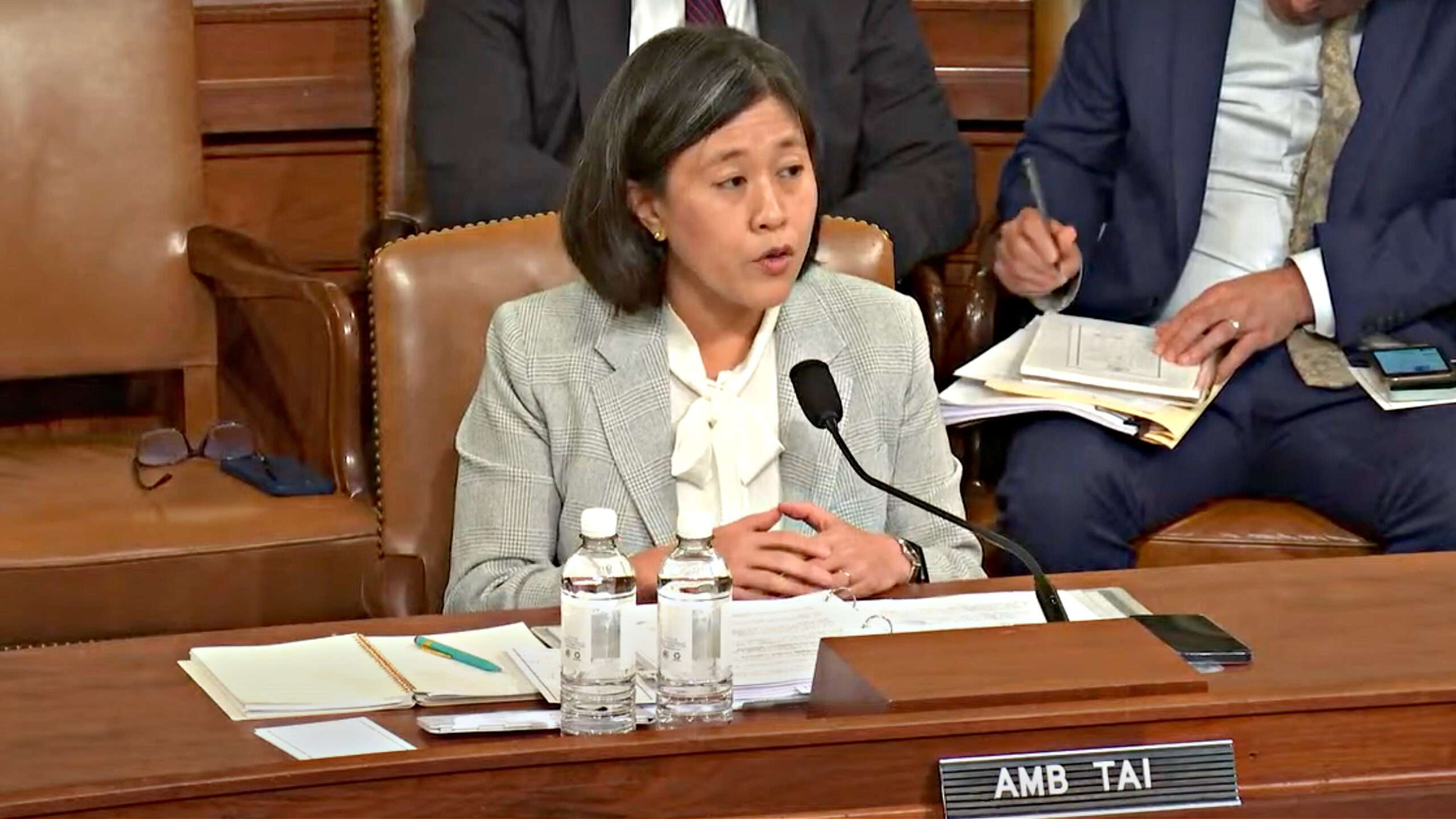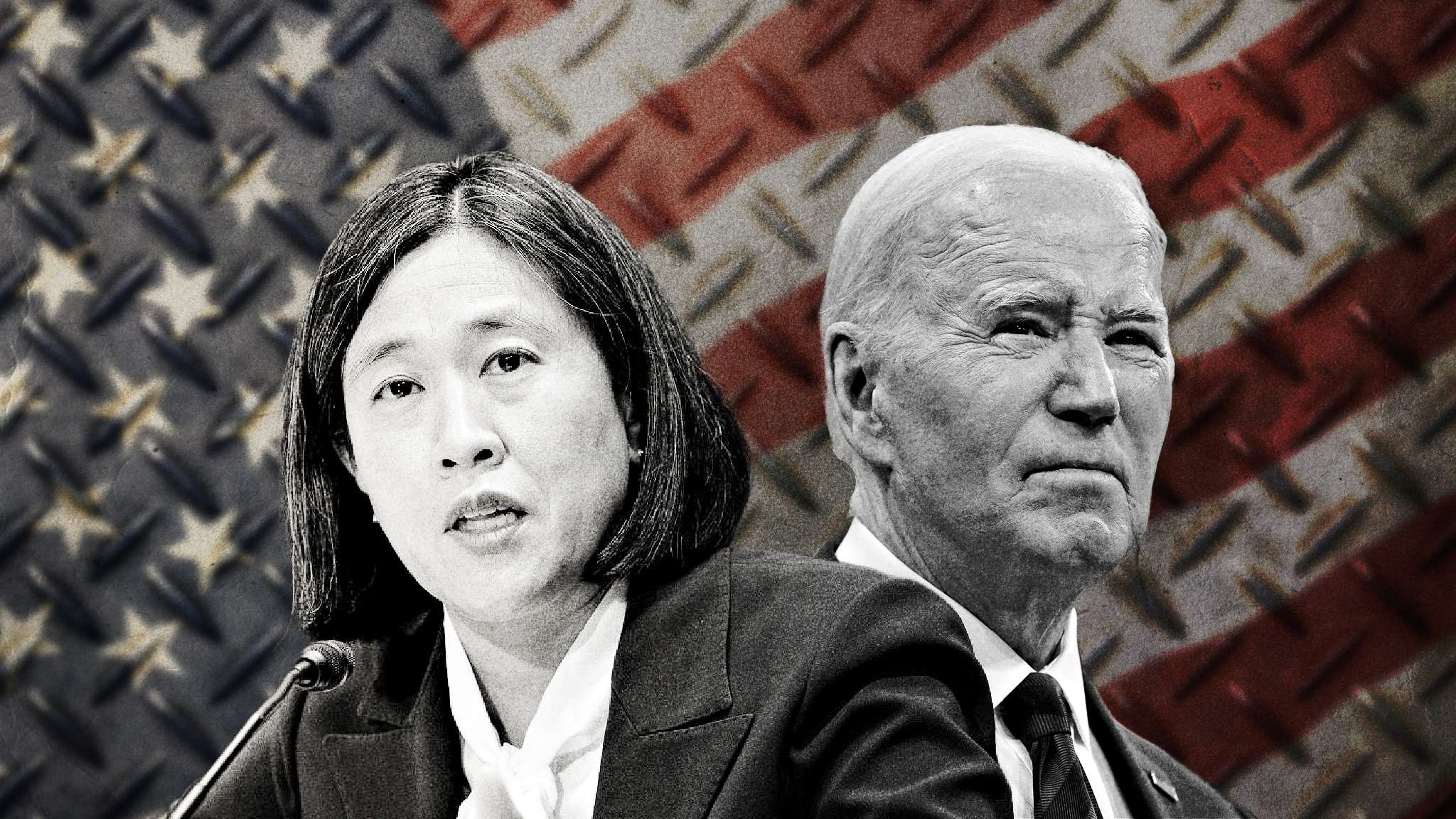
Democrats ripped President Barack Obama’s Asia Pacific trade deal in Philadelphia this week, much as Republicans had the week before in Cleveland. But despite the boisterous politics and candidates’ dead-on-arrival declarations, business groups have launched a well-funded, national effort to lobby their way to TPP approval.
[Megan Cassella| August 1, 2016 |Politico]
Caterpillar Inc. hosted lawmakers like Democratic Whip Steny Hoyer of Maryland and Republican Rep. Erik Paulsen of Minnesota at its factories to meet face-to-face with the workers it says will gain from the Trans-Pacific Partnership.
Trade Benefits America, a leading business coalition, is coordinating a grassroots advertising campaign that’s currently sending members of Congress between 60 and 70 pro-TPP letters every day.
And the Association of Equipment Manufacturers is driving around the Midwest in a truck outfitted with interactive displays on trade, part of a six-figure effort it’s orchestrating to highlight the tangible benefits of the sweeping 12-nation agreement.
The group is also running mostly digital ads in key Senate races to highlight candidates’ trade positions.
“When you see trade, when it’s just a sign being waved on a convention floor … that’s one thing,” said Kevin Madden, a strategist working with the Trade Benefits America coalition.
But when it’s “somebody who has a small- or medium-size enterprise in your local economy, who is directly responsible for the employment of people whose jobs are tied to exporting … that has an impact on lawmakers,” he said. “And that’s important.”
In interviews, leading supporters of TPP remain steadfastly optimistic, insisting the agreement still has a shot at approval later this year despite being opposed by both major-party presidential candidates and a majority of Democratic leadership outside of the White House. They point to opinion polls that show a majority of Americans support free trade and say back-to-back party conventions have merely magnified a few loud anti-TPP voices that don’t understand all of the facts. And they say that in the end, lawmakers will vote the interests of their districts rather than follow the positions of those at the top of the ticket.
For many, the current fury directed at the agreement only increases the incentive to get it approved before Hillary Clinton or Donald Trump becomes president and the agreement is either junked or put into a deep freeze for years. They are hoping the issue could make it onto the crowded legislative agenda during the lame-duck period after the election.
“Proponents of this are only going to work harder,” said Ed Gerwin, a senior fellow at the Progressive Policy Institute, a centrist Democrat think tank that supports TPP. “Donald Trump apparently doesn’t want to trade with anyone; he wants to withdraw from the WTO and basically turn us into North Korea. And if Secretary Clinton says that she is not a supporter of TPP, that puts even more pressure on supporters of TPP to try to get it done now.”
Trade supporters recognize that in order to get the votes they need in Congress, the administration needs to work with lawmakers who want changes in particular provisions — chief among them protections for biologic drug firms and tobacco companies. But a third concern, involving financial services companies, was largely settled the week before the Republican convention in a compromise that could serve as a model for solving the remaining problems.
If the administration can duplicate that success with the other outstanding issues, it should still be possible to put together enough votes to pass the agreement, despite the difficult political environment, said Bill Miller, a senior vice president in charge of lobbying operations at the Business Roundtable.
“It’s not going to be easy,” added Linda Dempsey, vice president of international economic affairs at the National Association of Manufacturers, “but it’s certainly doable.”
Lobbying groups are quick to talk up all the ways they plan to connect with lawmakers, a seemingly endless to-do list of penning op-eds, attending town halls and flooding congressional offices with handwritten letters from company employees.
“From my experience, it always looks so bleak,” said John Michael Gonzalez, a Democratic lobbyist and strategist who works on trade. “But it always prevails. At the end of the day, our government and our elected officials move forward, not backwards.”
Gonzalez said the spirit of negativity surrounding TPP now is similar to how low people felt chances were last summer of passing Trade Promotion Authority — which ultimately was successful.
“This is not any kind of freak-out moment,” Gonzalez said. “We’ve been here before. And I know how this story ends.”
Some groups are focusing on taking advantage of summer recess to show lawmakers the importance of trade deals on their home turf. For the agriculture community, for example, summer months mean one thing: “It’s fair time,” said David Salmonsen, senior director of congressional relations at the American Farm Bureau Federation.
“Everybody makes an appearance at the fair, right?” Salmonsen said.
And one weekday in mid-September, between 30 and 40 executives of footwear companies will descend on Capitol Hill to meet with lawmakers, squeezing as many back-to-back conversations as they can into a single day. Donning pro-trade buttons and carrying colorful fact-sheets on how TPP will reduce the cost of shoes, the executives plan to use the day as a last opportunity before the election to lay out for lawmakers the importance of the deal despite the negative rhetoric surrounding it.
“This is an all-hands-on-deck moment,” said Matt Priest, president of the Footwear Distributors and Retailers of America trade association that‘s organizing the meeting blitz. “We cannot leave any stone unturned, any email not sent or call not made.”













